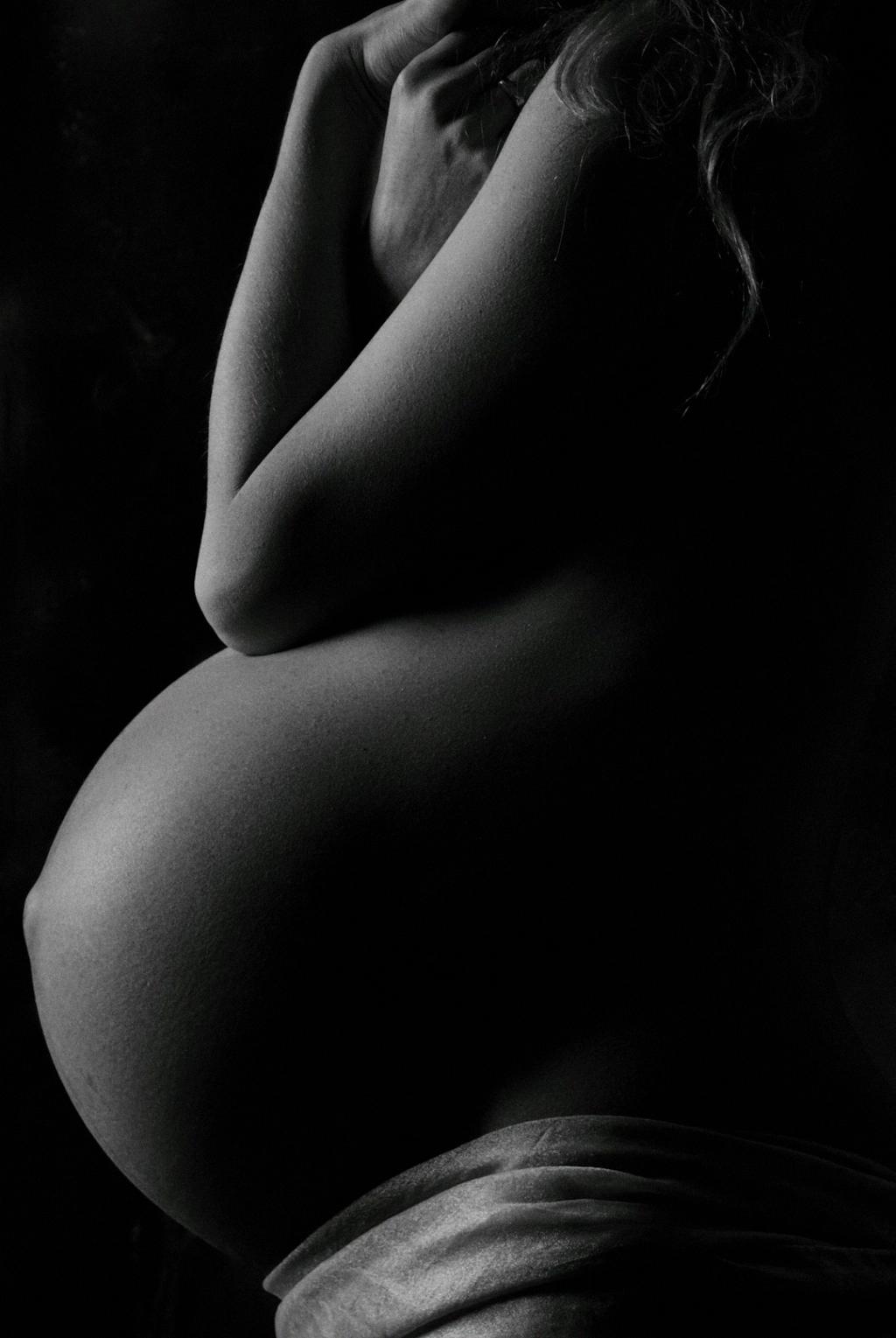When it comes to differentiating between menstrual cramps and early pregnancy cramps, there are a few key factors to consider. Menstrual cramps, also known as dysmenorrhea, typically occur just before or during menstruation. On the other hand, cramping during early pregnancy can lead to confusion, as the symptoms can sometimes mimic those of premenstrual discomfort.
Timing of Cramps
One of the primary ways to distinguish between period cramps and pregnancy cramps is by examining the timing of the discomfort. Menstrual cramps usually coincide with the onset of menstrual bleeding or slightly before. Conversely, cramps in early pregnancy may occur without any bleeding, or if there is bleeding, it tends to be lighter and of a paler color.
Duration of Cramps
Another important factor to consider is the duration of the cramps. Menstrual cramps typically last for the duration of menstruation, ranging from a few days to a week. In early pregnancy, cramps may come and go, often lasting for short periods rather than persisting throughout the day like menstrual cramps.
Intensity of Cramps
The intensity of the cramps can also offer clues as to whether they are related to menstruation or pregnancy. Menstrual cramps are often described as a dull, achy pain in the lower abdomen, while pregnancy cramps may feel more like mild twinges or pulling sensations. Severe, sharp pain should always be evaluated by a healthcare provider.
Associated Symptoms
Pay attention to any additional symptoms that accompany the cramps. Menstrual cramps can be accompanied by symptoms like bloating, headaches, and breast tenderness. In contrast, early pregnancy cramps may be accompanied by symptoms like nausea, fatigue, and increased sensitivity to smells.
Location of Cramps
The location of the cramps can also provide valuable information. Menstrual cramps typically radiate from the lower abdomen to the lower back or thighs. Pregnancy cramps, on the other hand, are often felt lower in the abdomen and may be centralized around the pelvic area.
Pattern of Cramps
Consider the pattern of the cramps you are experiencing. Menstrual cramps often follow a predictable pattern, starting a few days before menstruation and easing as the period progresses. In early pregnancy, cramps may be sporadic and unpredictable, occurring at varying times throughout the day.
Consultation with a Healthcare Provider
If you are experiencing cramps and are unsure whether they are related to your period or a potential pregnancy, it is always best to consult with a healthcare provider. A healthcare professional can perform tests, such as a pregnancy test or a pelvic exam, to help determine the cause of your symptoms.
Keeping Track of Symptoms
It can be helpful to keep a record of your symptoms, including the timing, duration, and intensity of the cramps. This information can be valuable when discussing your concerns with a healthcare provider and may aid in determining whether the symptoms are more indicative of menstruation or pregnancy.
Importance of Self-Care
Regardless of the cause of your cramps, practicing self-care can help alleviate discomfort. For menstrual cramps, over-the-counter pain relievers, warm compresses, and relaxation techniques may provide relief. In early pregnancy, getting plenty of rest, staying hydrated, and eating a balanced diet can support your overall well-being.
Monitoring Changes
It is essential to monitor any changes in your symptoms and seek medical attention if you experience severe or persistent pain, heavy bleeding, or other concerning signs. Your healthcare provider can offer guidance and support to help you navigate any uncertainties regarding your symptoms.
Conclusion
In conclusion, understanding the differences between menstrual cramps and early pregnancy cramps can help you identify the potential cause of your discomfort. By paying attention to factors such as timing, duration, intensity, associated symptoms, location, and pattern of the cramps, you can gain insight into whether the cramps are more likely related to your period or a possible pregnancy. Remember to prioritize self-care and consult with a healthcare provider for personalized guidance and support.

